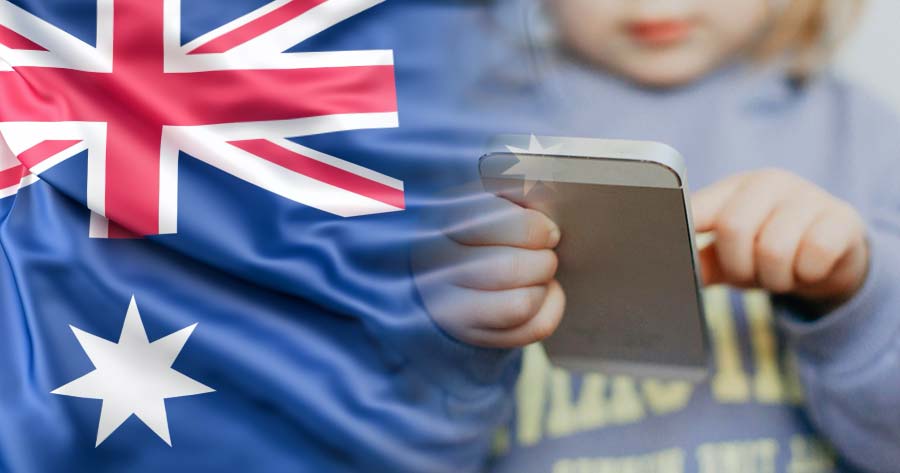Australia’s new law could ban children under 16 from using social media, with platforms facing fines of up to A$49.5 million ($32 million) for violations. There would be no exception for parental consent or pre-existing accounts.
In the Australian Parliament, Prime Minister Anthony Albanese’s Australian Labor Party argues that social media poses risks to children’s physical and mental health, citing that two-thirds of 14 to 17-year-olds have used it to access harmful content. The opposition Liberal Party has expressed support for the bill, though independents and the Greens are calling for more details.
Although this law may impact platforms like Instagram, Facebook, TikTok, X, and Snapchat, Prime Minister Albanese confirmed that children would still have access to messaging services, online gaming, and educational platforms such as Google Classroom and YouTube.
Communications Minister Michelle Rowland stated that this law would force the platform, not the parent of the children, to take responsibility, requiring them to implement age-verification measures and ensure the protection of user’s privacy data.
Many countries have introduced laws to protect children from the risks of social media. For example, France proposed a bill to restrict children under 15 from using social media without parental consent, while the U.S. requires technology companies to obtain parental consent for children under 13.
Australia’s policy stands out as the most stringent, with the proposed age limit of 16 being the highest compared to other countries. Additionally, the country plans to implement an age-verification system that may include biometrics or government-issued identification to enforce these age restrictions on social media users.




